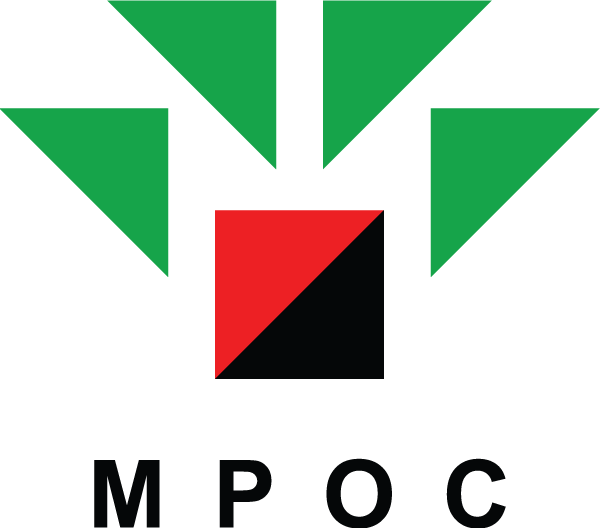
ORGANIZED BY:

Module 2: Renewable Energy, Climate Change and Food Security:
Unravelling the Geopolitics of Palm Oil And Deforestation

Dr. Jean-Marc Roda
Jean-Marc Roda is economist at Cirad and seconded at Universiti Putra Malaysia. He is the CTO of the center of excellence on biomass valorisation of Malaysia. He is also Malaysia focal point for the international cooperation platform on “Sustainability of Agricultural Landscapes in SEAsia”. He is also associate scientist at Paris-Sorbonne University. His research and consultancies focus particularly on strategies and agro-industry that shape the demand and the sustainability of natural resources in tropical countries: mainly mainly oil palm, forests, biorefineries, and plantation commodities. He has studied in details african and indonesian palm oil value chains, and has authored publications on palm oil geopolitics, on biofuel economics and forest industries.
VIEW PROFILE
This presentation and talk explain the geopolitic and economic forces that are behind the controversies on palm oil and deforestation. It brings nuances to the black and white pictures propagated that, too often, saturates media and civil society opinions. Seven strategic features shape the complexity of the issue. The first is the generic, global, and inexorable evolution of food security and diet change. With the demographics of emerging countries and the urbanisation of the world, they are the main forces fuelling the global demand for more vegetable oil and cheaper vegetable oil. The second strategic feature is a world race to acquire, control, and manage land that is necessary to grow food and commodities for this demand. In this context, the corporate expertise about a vegetable oil that needs less space to produce more, in various uncertain tropical economies, is a stake that challenges other established agricultural commodities supremacies. The third strategic feature is the role of Europe in what appears to be a global game of influence, and of competing production systems. The fourth strategic element is the question of deforestation. Oil palm plantations played a role in deforestation, but much less than expected, and following past or quickly vanishing dynamics. When preventing real deforestation is the main target, palm-oil trade regulation has little chances to play a significant role. The fifth strategic feature is the question of bioenergy in the producing countries, and it has strong economic and energy independence grounds. The sixth strategic feature is where the added value takes place, and only the future will say if western countries will keep their advance in the strategic expertise that controls the upper echelons of the added value scale. The seventh and concluding strategic feature is the fact that behind the oil palm story, major productions systems or capitalist models that are finally very different, confront their version of sustainability.
REGISTER OR LOGIN TO VIEW FULL REPORT
REGISTER OR LOGIN TO VIEW PRESENTATION SLIDES
Questions & Answers
Please login to post comments.




